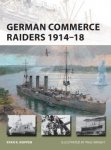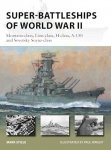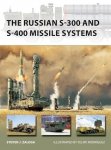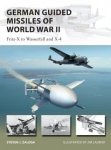-
Załączniki bezpieczeństwa
Załczniki do produktuZałączniki dotyczące bezpieczeństwa produktu zawierają informacje o opakowaniu produktu i mogą dostarczać kluczowych informacji dotyczących bezpieczeństwa konkretnego produktu
-
Informacje o producencie
Informacje o producencieInformacje dotyczące produktu obejmują adres i powiązane dane producenta produktu.Osprey Publishing
-
Osoba odpowiedzialna w UE
Osoba odpowiedzialna w UEPodmiot gospodarczy z siedzibą w UE zapewniający zgodność produktu z wymaganymi przepisami.
In the early days of World War I, Germany unveiled a new weapon – the mobile 42cm (16.5 inch) M-Gerät howitzer. At the time, it was the largest artillery piece of its kind in the world and a closely guarded secret. When war broke out, two of the howitzers were rushed directly from the factory to Liege where they quickly destroyed two forts and compelled the fortress to surrender. After repeat performances at Namur, Maubeuge and Antwerp, German soldiers christened the howitzers 'Grosse' or 'Dicke Berta' (Fat or Big Bertha) after Bertha von Krupp, owner of the Krupp armament works that built the howitzers. The nickname was soon picked up by German press which triumphed the 42cm howitzers as Wunderwaffe (wonder weapons), and the legend of Big Bertha was born. This book details the design and development of German siege guns before and during World War I. Accompanying the text are many rare, never-before-published photographs of 'Big Bertha' and the other German siege guns. Colour illustrations depict the most important aspects of the German siege artillery.








